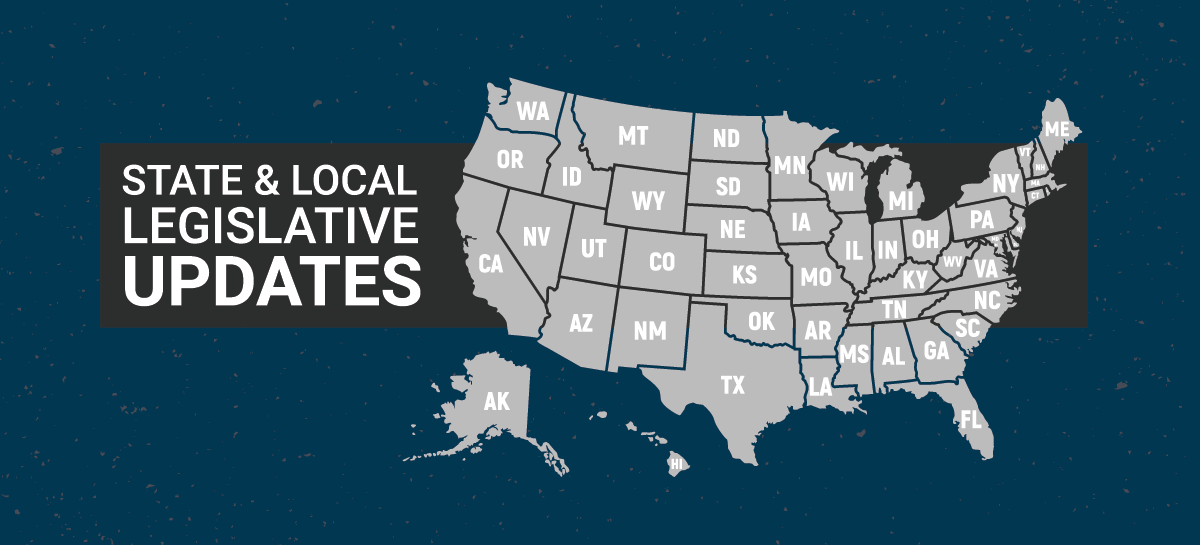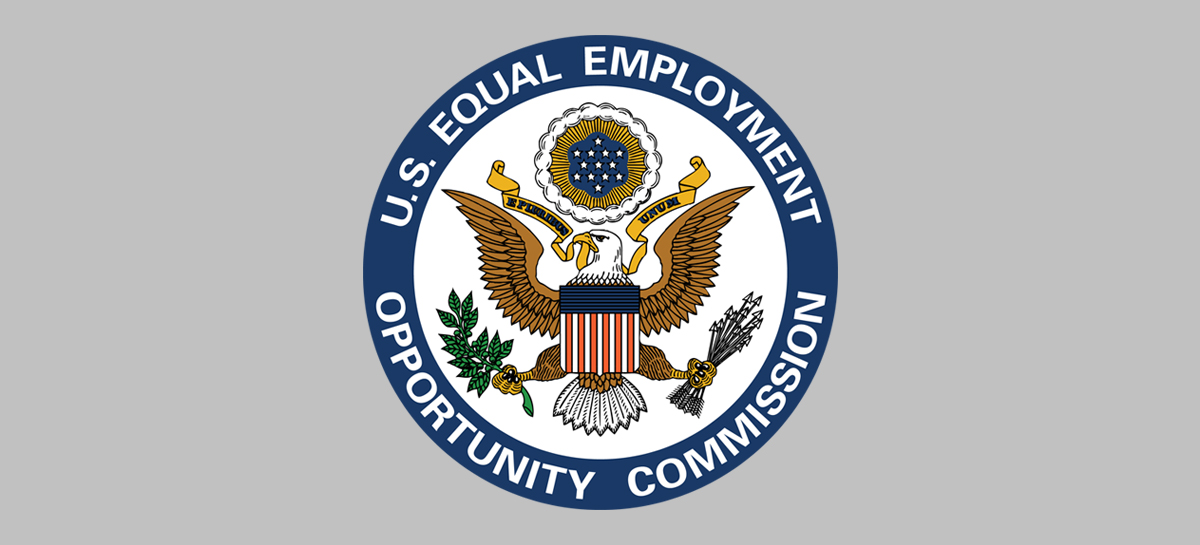
In 2026, the employee benefits market is being shaped by a variety of trends, including regulatory volatility, shifting compliance priorities, accelerated cost pressures, and ever-evolving workplace demands. Employers should brace for a compliance environment defined by change and uncertainty. Streamlined Affordable Care Act (ACA) reporting requirements should help reduce administrative strain, while potential updates to federal mental health parity regulations remain critical to monitor. The sweeping One Big Beautiful Bill Act (OBBBA) introduced extensive changes to employee benefit plans, most of which take effect in 2026. Added to this are shifting regulatory priorities under the Trump administration, ongoing benefits-related litigation, and changes to federal budgets and staffing.
Continue reading



